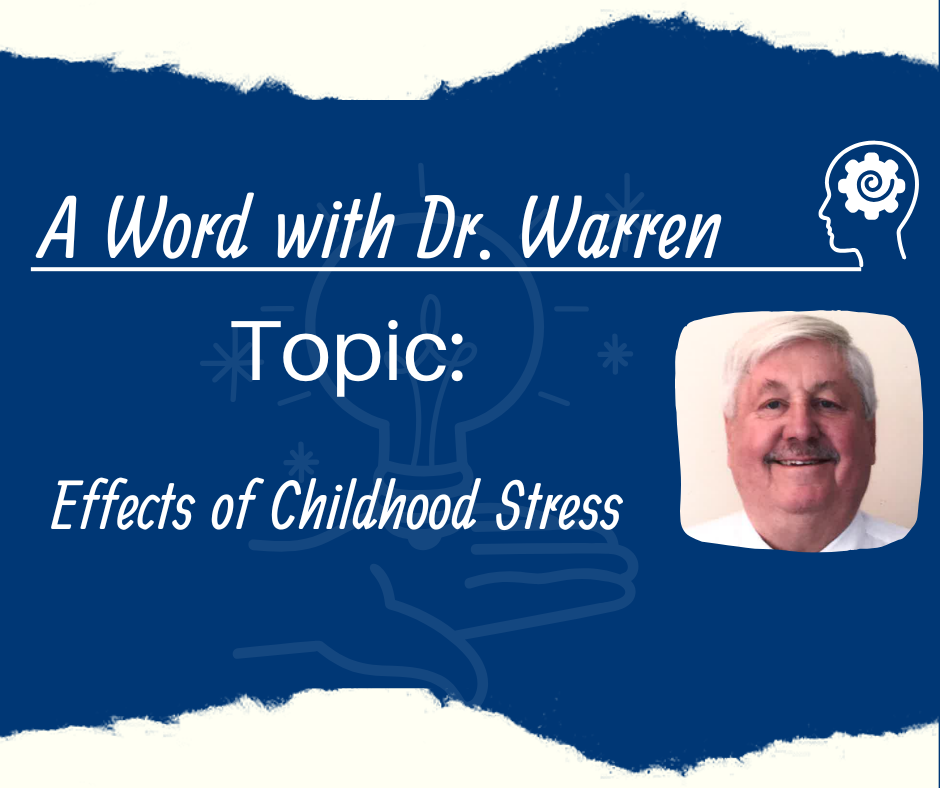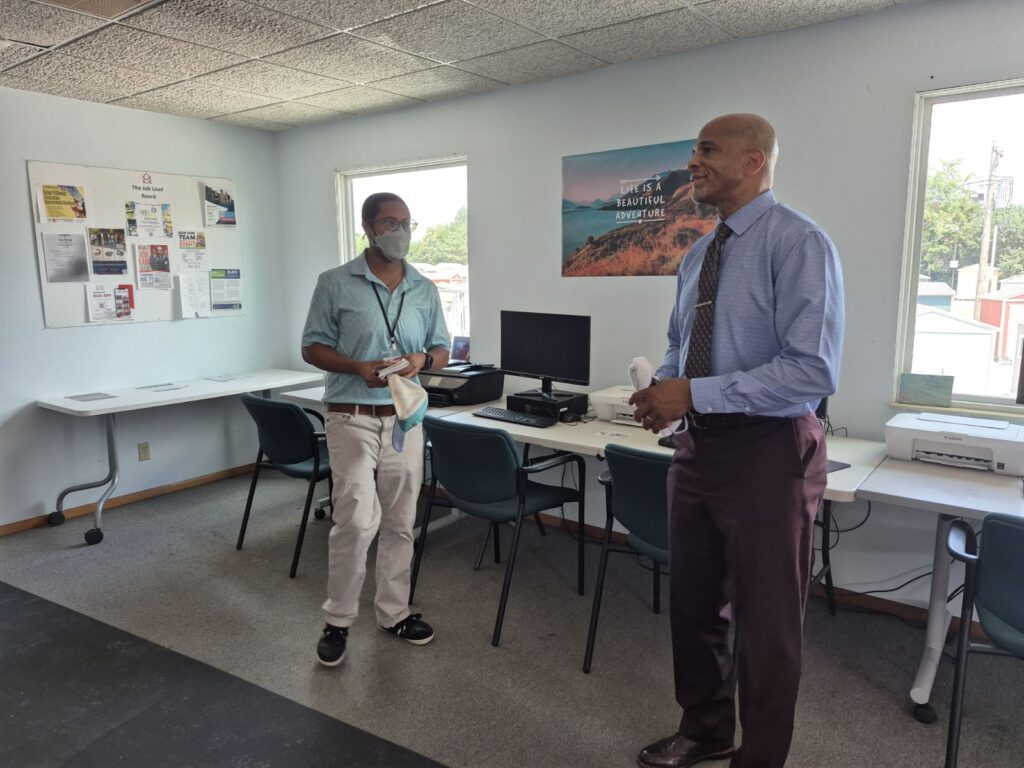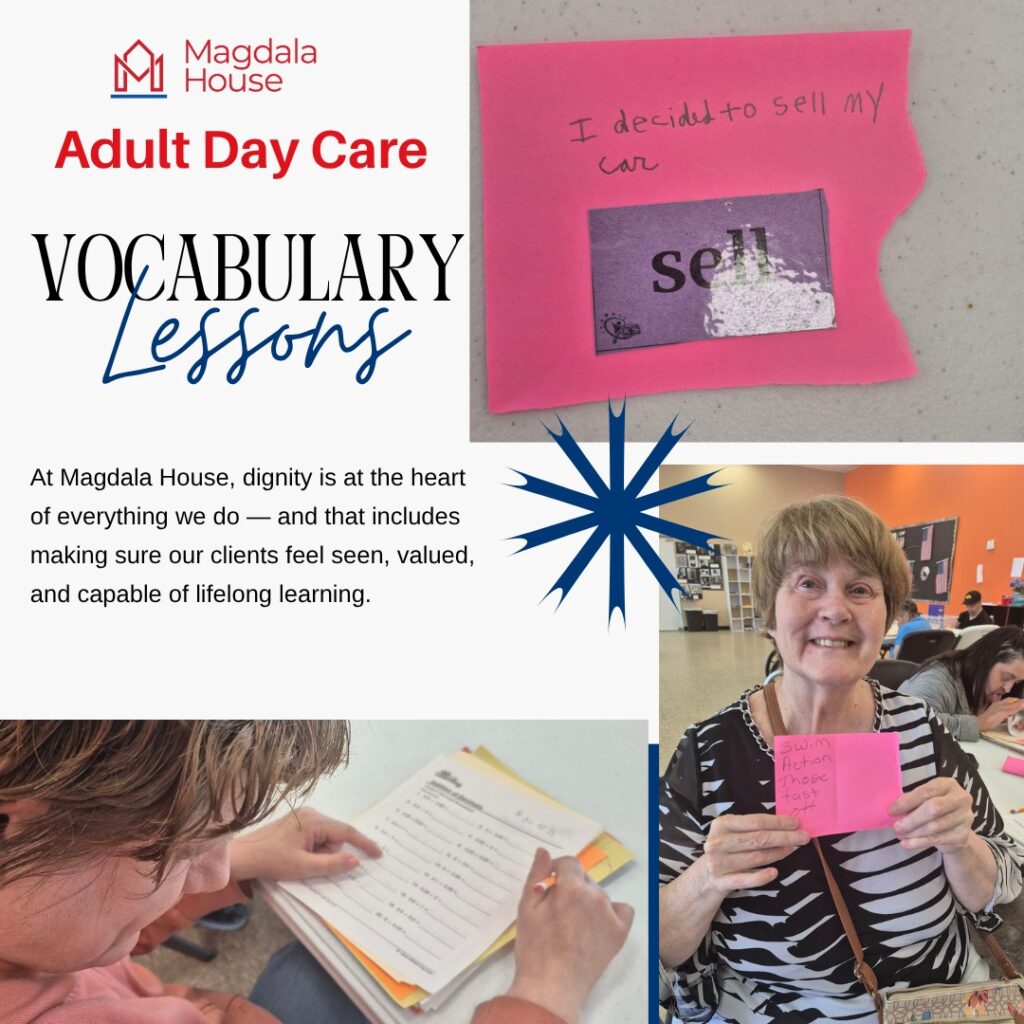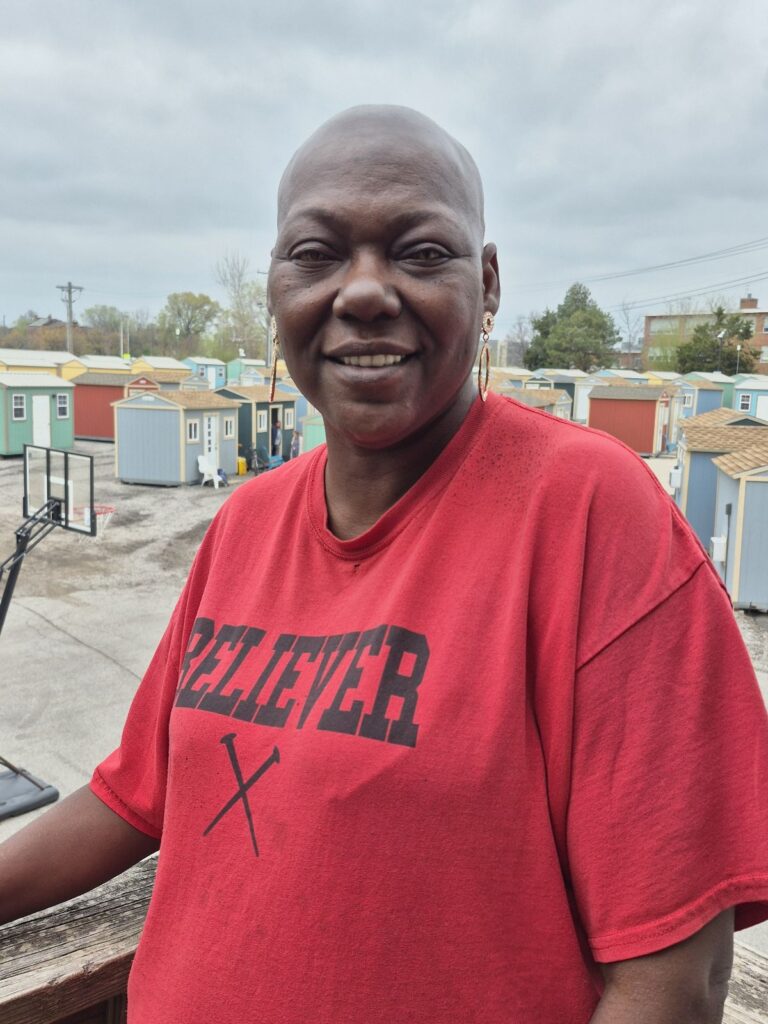Wednesday With Dr. Warren is a segment by Warren A. Kass, Ph.D. Consulting Clinical Psychologist at Magdala House. Dr. Kass is a graduate of Marquette University, has a doctorate from St. Louis University, and has over 51 years of experience as a clinical psychologist. Wednesday With Dr. Warren is an informative, thought-provoking piece that will inspire us to live, think, and be better people.
Resilience is all about bouncing back from tough times and staying strong even when life throws challenges your way. It’s like having a superpower that helps you not just survive, but thrive, despite difficult circumstances. Resilience isn’t just about individuals – it applies to families, communities, and even organizations.
Research shows that most people, about 75%, have this resilience trait. However challenging their lives may be, they always manage to overcome those obstacles. But for some, about 25%, tough experiences can lead to problems like Post-traumatic Stress Disorder (PTSD), depression, or anxiety.
Resilience isn’t some rare quality; it’s actually a part of our everyday coping skills. People with high resilience are often positive and empathetic, and they tend to see the bright side of things. They also tend to have better mental and physical health.
So, what makes someone resilient? There are many factors that contribute to it, such as having supportive relationships, feeling confident in your ability to handle challenges, and staying positive even when things get rough. These qualities often start in childhood, with caring families and supportive communities.
When we talk about resilience, it’s important to understand its connection to ACEs (Adverse Childhood Experiences) difficult events that happen in childhood. ACEs protective factors have their origin in childhood, in families that are caring, and they continue to develop as the person enters into engaging schools and connected communities. As adults, community wide positive factors that foster resilience are based upon social cohesion and collective efficacy. In addition to predicting lower violence rates, social cohesion and collective efficacy are also powerful predictors of neighborhood child abuse levels as well as mental and physical health.
Many homeless adults, like those at Magdala House, have faced a lot of stress and trauma from a young age. This can lead to problems like substance abuse or mental illness. The chronic stress experienced by homeless adults takes a toll on their bodies and minds. It’s different from what most adults go through, and it sets them apart from the rest of the population.
People who are homeless, chronically mentally ill, and addicted to substances suffer cumulative damage to their bodies and minds as a result of prolonged stress response activation. This is why understanding resilience can help us better support and care for those who have faced tough times, like the residents of Magdala House.
Warren A. Kass, PH.D.
Consulting Psychologist
References are available at Magdala House Central Office







